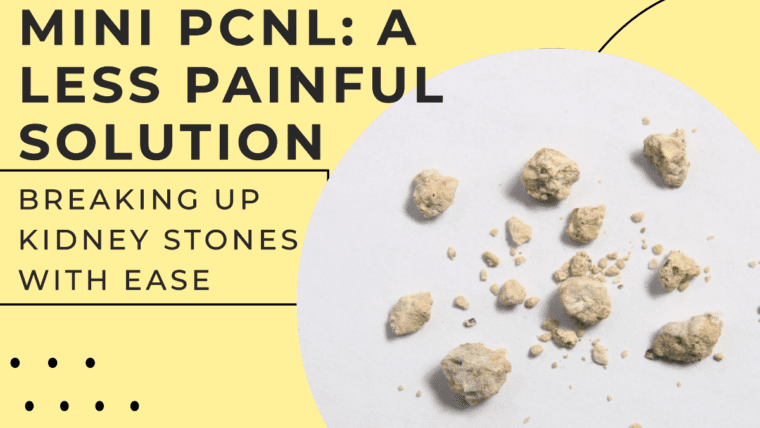Introduction
Urinary tract infections (UTIs) are commonly associated with women, but men are not immune. Though less frequent, UTIs in men can signal more complex issues and may lead to serious complications if not treated in time. Fortunately, many cases can be avoided through practical lifestyle choices and good hygiene. This blog offers clear, medically sound advice on how men can prevent UTIs—and when to seek professional care.
Why UTI prevention matters for men
In men, UTIs are often linked with other underlying conditions such as prostate enlargement, kidney stones, or urinary retention. Because male anatomy offers a natural barrier to infection, any UTI that does develop deserves attention. Prevention is essential not just to avoid discomfort, but to reduce the risk of long-term kidney damage or recurrent infections.
Key lifestyle habits for UTI prevention
Stay hydrated
One of the simplest and most effective measures is drinking enough water. Aim for 2 to 3 litres daily, depending on your activity level and climate. Adequate hydration helps flush bacteria from the urinary tract before it can cause an infection.
Avoid holding urine
Delaying urination can cause bacteria to multiply in the bladder. Make a habit of using the toilet when needed and ensure your bladder is emptied completely each time.
Moderate alcohol and caffeine intake
Excessive alcohol and caffeinated drinks can irritate the bladder lining, increasing the risk of infection. Opt for water and non-irritating fluids wherever possible.
Address constipation
Chronic constipation can place pressure on the bladder and affect urinary flow. A fibre-rich diet, hydration, and regular physical activity help maintain bowel health.
Hygiene practices that make a difference
Clean the genital area daily
Use warm water and mild, unscented soap to clean the penis and the surrounding area. Avoid strong soaps or perfumed products, as they can disrupt the natural balance and irritate sensitive skin.
Urinate after sexual activity
Urinating after intercourse helps flush out any bacteria that may have entered the urethra during sexual contact. This small habit significantly reduces UTI risk.
Choose breathable clothing
Wearing cotton underwear and avoiding tight-fitting trousers keeps the genital area dry and cool. Excess warmth and moisture encourage bacterial growth.
Are supplements worth considering?
While lifestyle and hygiene remain the foundation of UTI prevention, some men explore dietary supplements. Cranberry juice and D-mannose are often cited for their role in preventing bacterial adhesion in the bladder. Though the evidence is mixed, some men find these helpful when used alongside basic preventive steps. Probiotics may also support a healthy balance of bacteria, especially if you’ve taken antibiotics.
When to see a urologist
Persistent or recurrent UTIs
If you experience two or more infections within six months, or your symptoms linger despite antibiotics, consult a urologist. Recurrent UTIs could indicate structural problems or an underlying condition.
Blood in the urine or fever
Blood-tinged urine, fever, chills, or back pain could suggest a kidney infection. These symptoms warrant immediate medical attention.
Difficulty urinating
A weak stream, dribbling, or the feeling of incomplete bladder emptying might be signs of prostate enlargement or urinary retention, both of which can contribute to UTIs.
A urologist may perform a urine test, imaging, or a prostate exam to determine the root cause and recommend appropriate treatment.
Conclusion
Preventing UTIs in men doesn’t require complicated measures. It’s about staying hydrated, maintaining good hygiene, and responding promptly to unusual symptoms. While UTIs are less common in men, they often point to underlying issues that shouldn’t be ignored. If you notice discomfort, changes in urination, or recurring infections, seek medical advice. Early intervention can prevent complications and support long-term urinary health.




